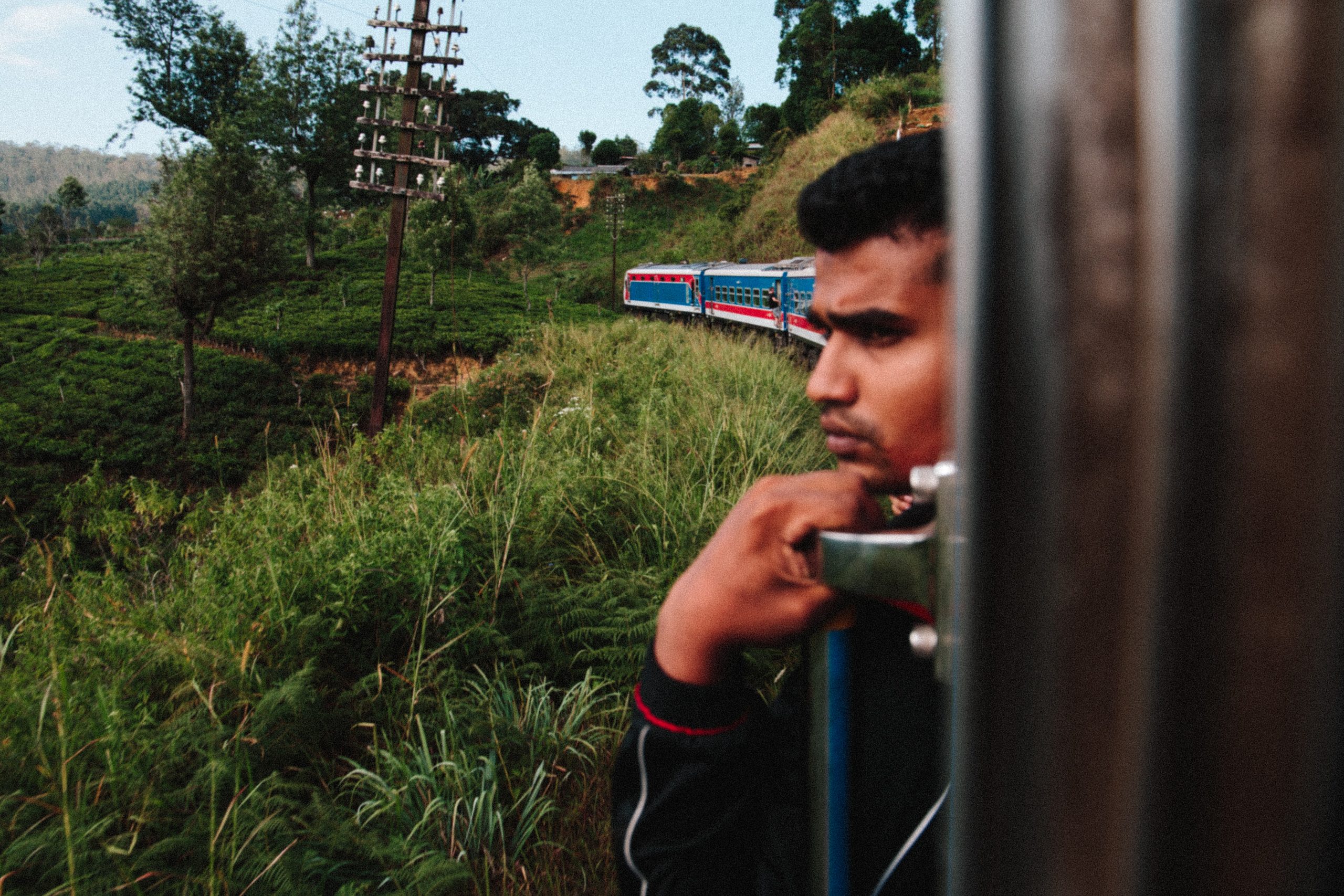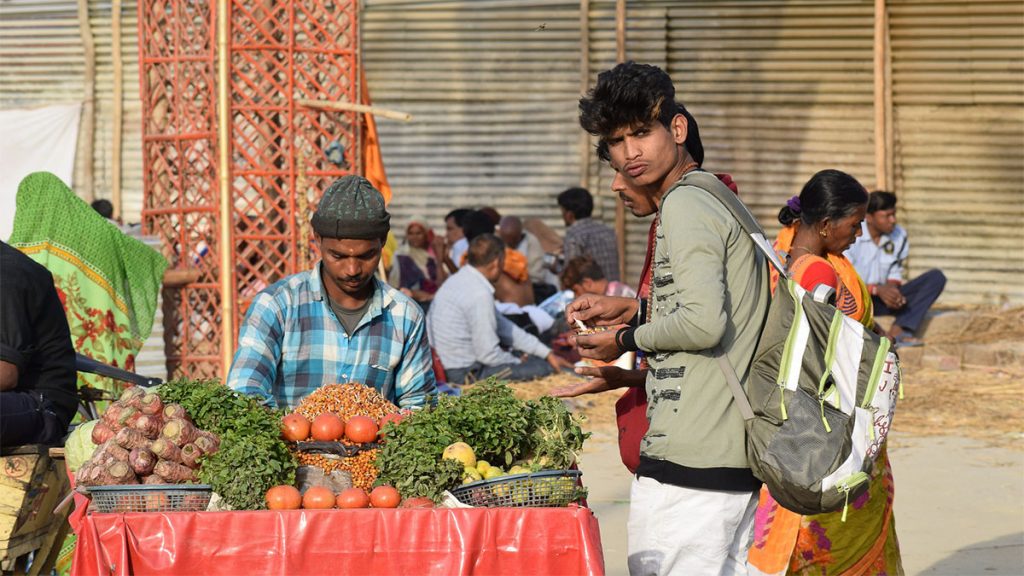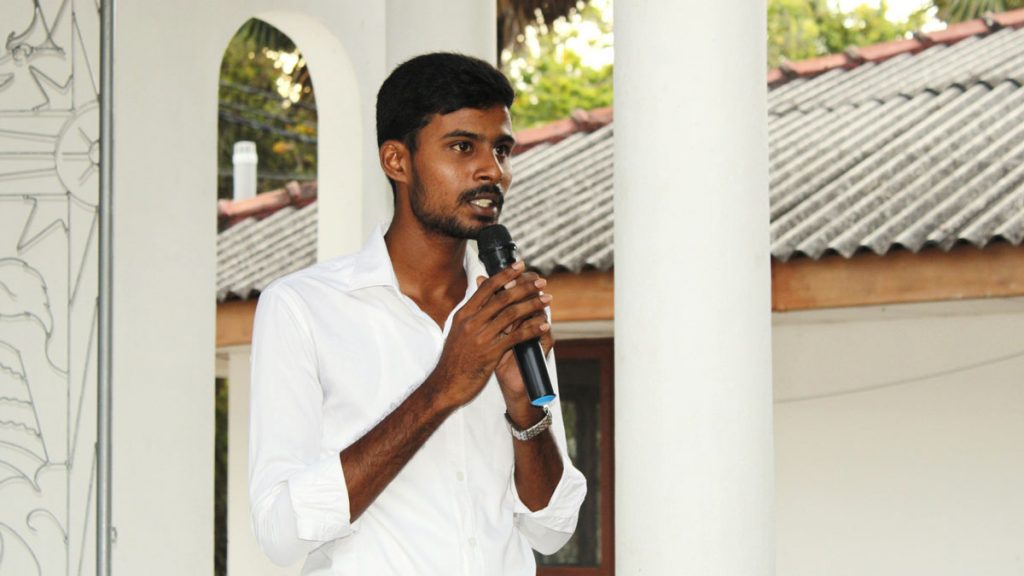
Deep Engagement for Social Change
How students are addressing suicide in Sri Lanka
We had to be part of the solution. Too many lives were lost to a deep hopelessness rooted in my country. How could we watch these people suffer when we ourselves knew of a hope to heal their anguish? After World Student Day, our FOCUS Sri Lanka group challenged ourselves to identify the societal problems in our country and to act. We had dared to look, and upon examination discovered one abhorrent word – suicide.
This word was not unfamiliar to us. It was mentioned many times on the news or even whispered among friends. We knew it was a problem, but like most people, we had never directly faced it. Suicide is an uncomfortable topic, one that isn’t easily discussed at dinner tables or family gatherings. But without understanding, our efforts would mean nothing. We had to talk to those affected by suicide.
Understanding the Issue
Last year, the theme for World Student Day focused on breaking down barriers within universities and challenged students to examine issues within their society. Rebecca and a group of students from FOCUS Sri Lanka were ignited to address the problem of suicide in their country. In order to understand the issue, they designed a research project to gather data from those most affected in the eastern region. Through a network of pastors, they made a list of villages to conduct interviews. Though it was an uncomfortable topic to air, they hoped the initiative would lead to change.
Their efforts were well received in each place they visited. Rebecca says,
“When we went into the villages, the leaders gave a good welcome to us. They appreciated our initiative and supported us. They shared the practical issues of their villages and the main struggles they were facing together.”
Before beginning the interview process, students spoke with village pastors who advised them on potential challenges. As they engaged with different households, students were grateful for the prior guidance. While many people wanted to contribute to the research, broaching the delicate topic required sensitivity. Through heeding the words of their advisors, these difficult conversations led to substantial results. Rebecca says their research revealed how little they had previously understood about the people affected by suicide.
“In the beginning we had a narrow mindset about suicide. We thought that the people who attempt suicide are youngsters. We understood the real situation after contacting the particular villages.”
The study showed that most victims were married women from the age of 25 to 35. Most commonly they were agricultural workers driven to hopelessness by financial issues. While these cases were the majority, the students also discovered that many young people between the ages of 16-25 were committing suicide because of relationship issues.
Taking Action
With their new knowledge, the students moved to the second phase of their plan. They began a campaign in each village, speaking at churches and secondary schools about how suicide is not the solution. They advised attendees to share their problems with people they can trust and encouraged them to expand their career prospects through education. Most importantly, the students shared about the compassion of God and the power of prayer.
Rebecca was amazed by the response to their campaign.
“Soon after each awareness program, at least one person came to us and shared their feedback. Some shared their issues, some asked us for further help. They wished us well and encouraged us to do similar events in other villages and churches.”
The students were moved. They could not believe that a simple idea inspired by World Student Day had actually made an impact. Rebecca says,
“We learned how we should do more for our future society, how to reveal God in identifying and dealing with social problems, and how we can help society as Christians.”
What can you do to create change in your society?
Rebecca says that in order to address injustices, you must take the focus off yourself and open your eyes to the issues of others. She recommends starting by identifying the injustices occurring on your own campus and raising your voice against them. Finally, she reminds students to let their own testimony of God’s love be the thing that encourages them to action.
Focus Sri Lanka is an example of students who identified a problem and took initiative. Don’t wait for others to act against the injustices in your society. Look around you, identify the problems, and use your voice to create change.
Related Posts
-
When student rites of passage get abusive
How Sanjayan is making a stand against ragging in Sri Lanka -
Life in a stairless multi-storey car park
Students and the caste system in India -
One student’s fight for unity in diversity
Crossing barriers of caste and denomination for the sake of gospel witness in Sri Lanka




